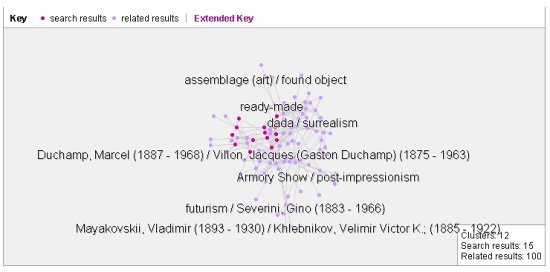The Encyclopaedia of Islam is a great work of reference covering the many-sided nature of Islam and the Muslim world, with articles on art, history, law, philosophy, politics, religion, and more. The user can browse the alphabetical entries, or peruse and select from the Subjects index or the Names index. Searching options include using English or transliterated terms to query Full Text, Headwords (article entries), Keywords, bibliographies, or Contributors.
- Interested in the famous library at Cordoba created by the Umayyad caliphs that “contained some 4000,000 volumes, described in a catalogue of 44 volumes, each containing 40 leaves”? What was its fate? Check out the article entitled MAKTABA (Arabic for “library”).
- What about the spread of Islam in China, where the “military forces [of Kubilay Khan], used for the overunning of both North and South China, were built largely upon the thousands of Muslim soldiers which he brought with him from the Middle Eastern and Central Asian campaigns.” Look at the article on CHINA (al-SIN).
- Want to find books and articles on modern Turkey? Search the Bibliography field for “modern turkey” and you’ll retrieve the bibliographies of 81 articles. If you’re just interested in the early state period, you could add the term “world war” and reduce the set to 5. (You can even search the bibliographies for “temple university” and find that two Temple dissertations have been cited.)
- And what about a comprehensive article on the Koran (al-KURAN), with sections on Etymology and Synonyms, Muhammad and the Kuran, History of the Kuran After 632, Structure, Chronology of the Text, Language and Style, Literary Forms and Major Themes, The Kuran in Muslim Life and Thought, and Translation of the Kuran?
The Encyclopaedia of Islam covers the main precepts of Islam at the same time that it reveals the rich interplay between Islam and other world civilizations going all the way back to the late antique world. This encyclopedia will prove very useful, whether you’re studying the core of Islam or just nibbling at the interdisciplinary edges. There are some challenges, however, that the user needs to deal with. For one, you will need to download Brill fonts for handling Arabic terms in transliteration. You can find links to the fonts in the upper right corner of the main search page. For serious scholars and students of Islam the many Arabic terms are one of the encyclopedia’s great advantages. For the uninitiated, however, it does take some getting used to (but after a little while it becomes fun). Don’t wait. Check out the Encyclopaedia of Isalm today! BTW, more good news: the second edition of The Encyclopedia Judaica will be released in the fall in print and online (as part of the Gale Virtual Reference Library). I hope we can get both versions. This will fill a big gap as we do not currently have a major online Jewish/Judaism encyclopedia. –Fred Rowland


